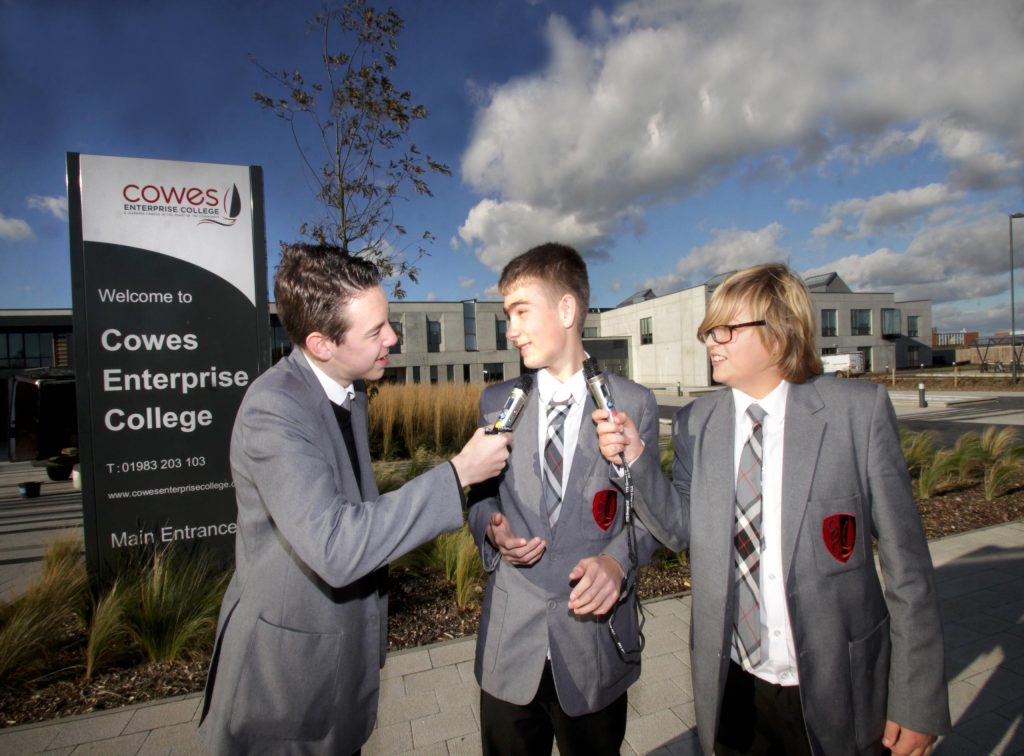British values
We strive every day to create an education that sees the young people of Cowes and the community beyond get the very best, not just academically but also in developing the skill set, confidence, attitudes and aspiration that will provide the catalyst for sustained success throughout their lives. We educate for life.
Our personal development curriculum ‘Everyone Matters’ enables us to actively teach our students a range of topics which enable them to understand the British values and make appropriate choices within them.
The topics are:
- How do I keep myself safe?
- How do I keep myself healthy?
- How can I be the change I want to see?
- What is respect?
- How does Britain work?
- How can I prepare for life in our modern world?
The safety and wellbeing of students is of paramount importance for us at the academy and our pastoral system is designed to ensure each child has the both the support and guidance that they need throughout their learning time with us. We actively encourage students to develop the key skills of teamwork, communication and respect in all that they do.
Our commitment
We welcome the opportunity given by the Department for Education in 2014 to promote British values more actively and to ensure they are taught in all UK schools. Our strong and successful ‘Everyone Matters’ curriculum ensures that British values live at the heart of our personal development programme, as well as more broadly throughout our work.
We accept admissions from all those entitled to an education under British law, including students of all faiths or none. We follow a rigorous diversity and equality scheme, which seeks to eradicate discrimination against any individual or group, regardless of faith, ethnicity, nationality, gender, sexuality, disability, political or financial status, or similar. We aim to serve all of our community.
Every student in years 7-11 learns about their active place in a democratic society through our personal development ‘Everyone Matters’ topic called ‘how can I be the change I want to see?’ Children in years 7-9 take part in social action within the curriculum. Year 7 students improve their local community and safeguard the local environment as part of their work towards gaining the John Muir award. In year 8, students take part in the ‘We Schools’ project carrying out social action under the heading ‘we go green, we scare hunger, we feel good’, and in year 9 students carry out social action projects working alongside the charity ‘Age UK’.
In addition, the Student Leadership Team and student Eco-Council represent Cowes’ student voice and democracy here at Cowes Enterprise College. We bridge the gap between students and staff, allowing them to interact by having decision making powers within the academy.
Our members, who are selected through a student-led interview process, share their ideas about learning, teaching and the overall running of the school. By understanding and representing the views of the students, we ensure that CEC is a community that we are proud of. Undoubtedly, Cowes not only makes the students but the students make Cowes.
All our students vote in internal elections designed to mirror national events and we regularly hold events to enable students to have their say and learn about democracy. An example of this is our election hustings in which all adult Isle of Wight election candidates visited. Our students asked questions, the whole student body were present and our head boy and head girl planned, organised and chaired the event.
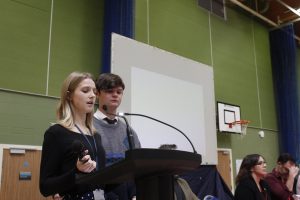
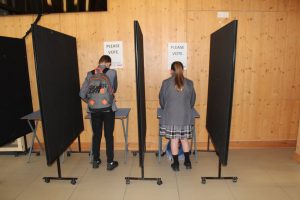
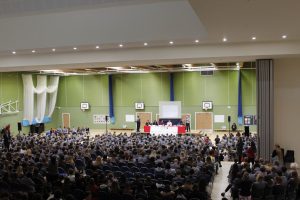
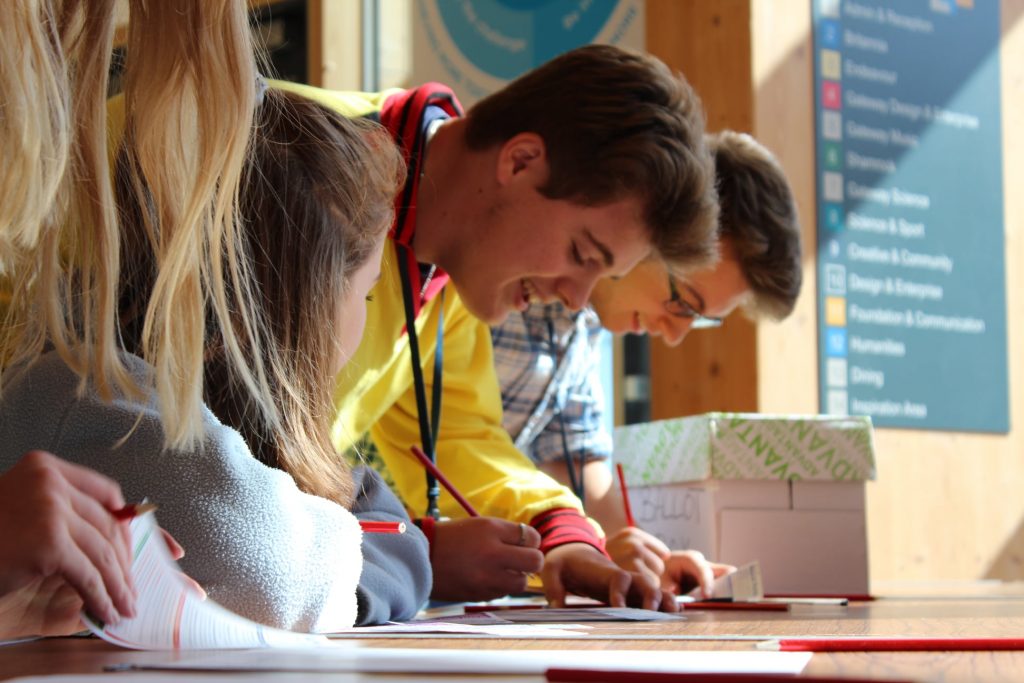
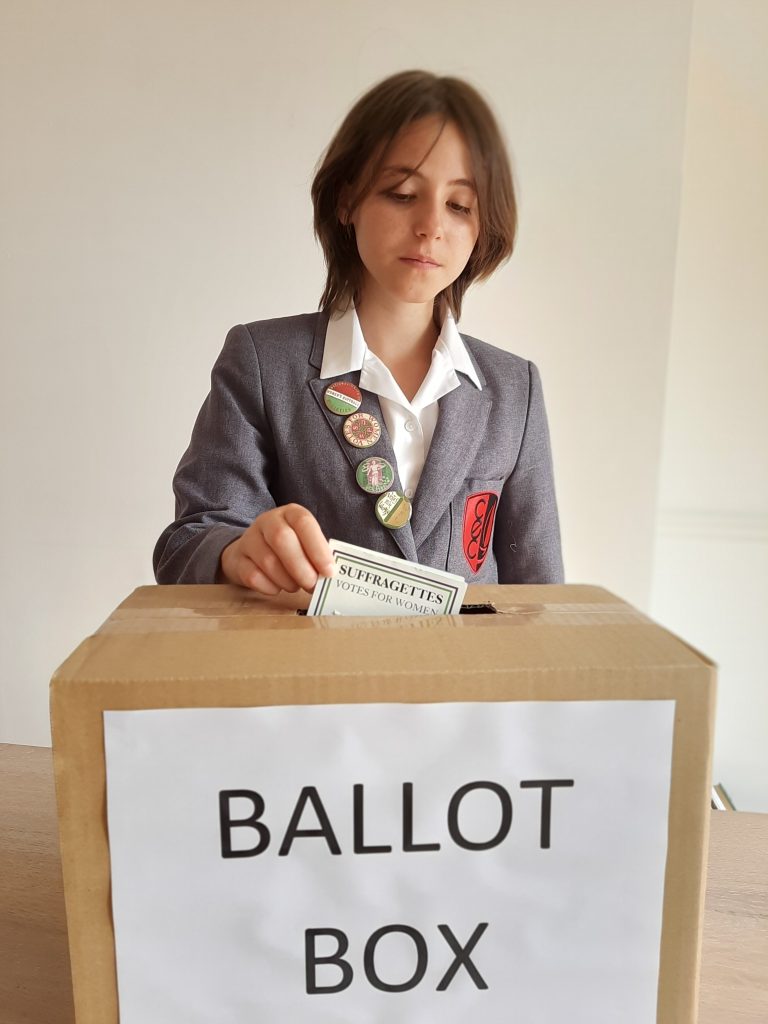
Every student in years 7-11 learns about the rule of law through our personal development ‘Everyone Matters’ topic called ‘how can I prepare for life in our modern world?’ This topic is studied by every student, every year, in a curriculum which builds content over time.
The rule of law is the bedrock of just, inclusive and peaceful societies. It compels institutions to be accountable, to safeguard human rights, to be fair and transparent, and to empower citizens to participate and engage constructively in society.
We embrace our important role in promoting the rule of law and a culture of lawfulness and ensure that our students understand, participate in defining and respect laws for the benefit of the whole of society. We are proud that our sixth form students have recently been winners of the Isle of Wight Mock Trial competition.
Our teaching around the rule of law at Cowes provides an important protective function by strengthening our students’ abilities to face and overcome difficult life situations. Young people can be important contributors to a culture of lawfulness, and we take very seriously our duty to provide educational support that nurtures positive values and attitudes in future generations.
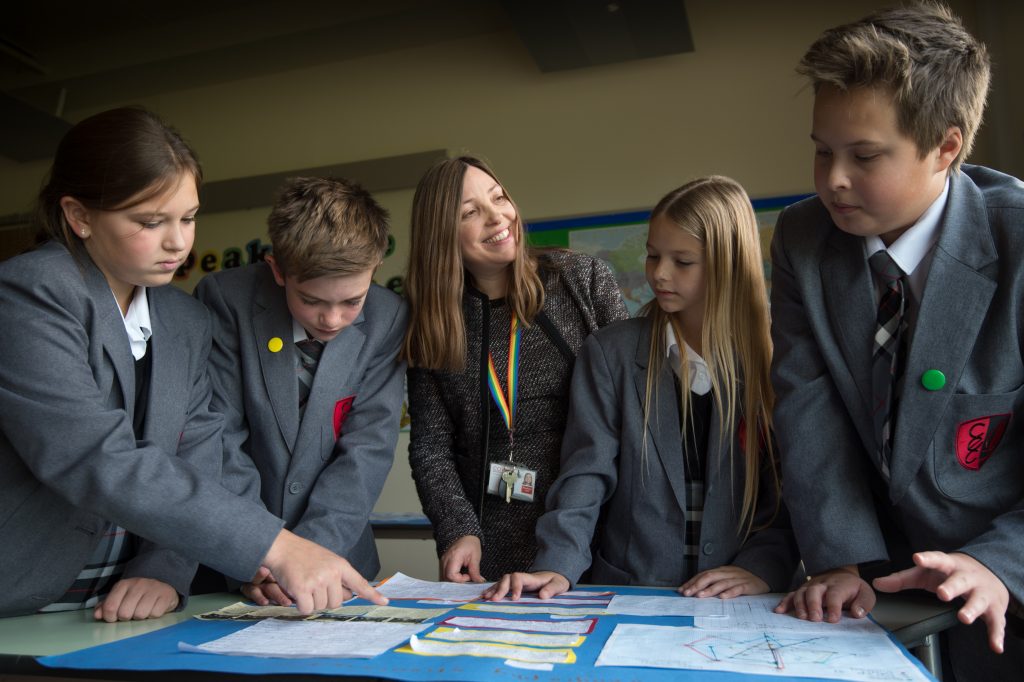
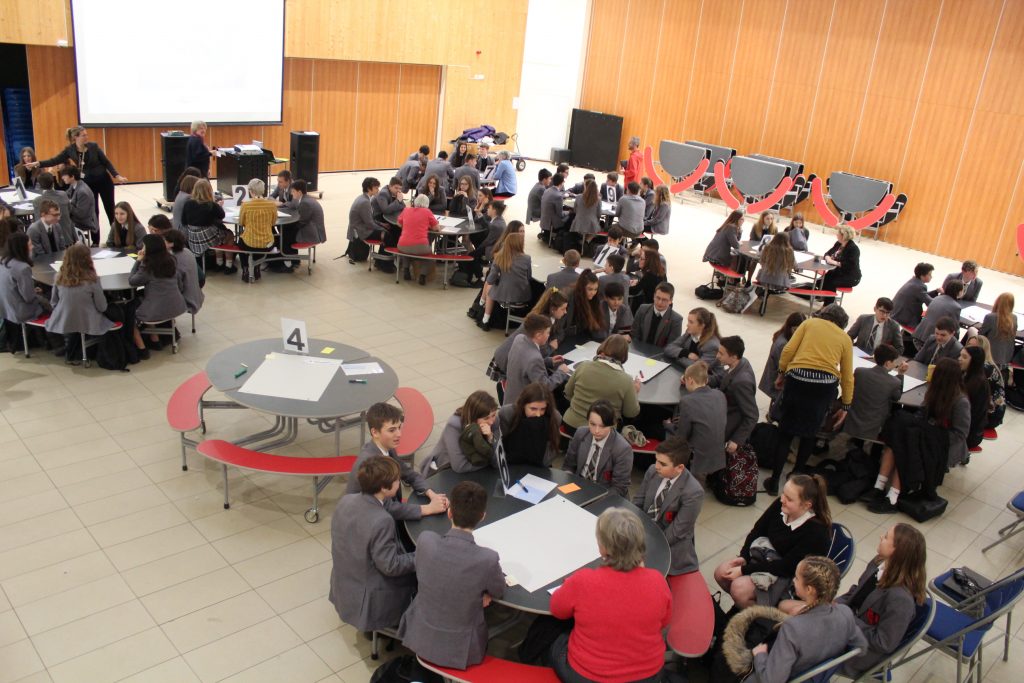
Every student in years 7-11 learns about individual liberty through our personal development ‘Everyone Matters’ topic called ‘how can I keep myself safe?’ and ‘how can I keep myself healthy?’ These topics are studied by every student, every year, in a curriculum which builds content over time and actively teaches our students how to understand their individual liberties and make appropriate choices within them.
The academy has an inclusive ethos and bullying is any form is condemned, with regular opportunities taken to reinforce this message and remind students how to stay safe, including online.
Our Student Leadership Team and Eco-Council are empowered to use individual liberties to make decisions to improve the academy community and their work on recycling within the building is an example of where they have exercised these rights successfully. Our assemblies, and other large scale events such as ‘Chelsea’s Choice’, ‘Crashing’, ‘Head-on’ and ‘Safe Drive, Stay Alive’, focus students on making the right moral choices.
Our topic ‘what is respect?’ ensures all students learn how to exercise their individual liberties appropriately and in ways which support mutual respect, equality and inclusion for all.
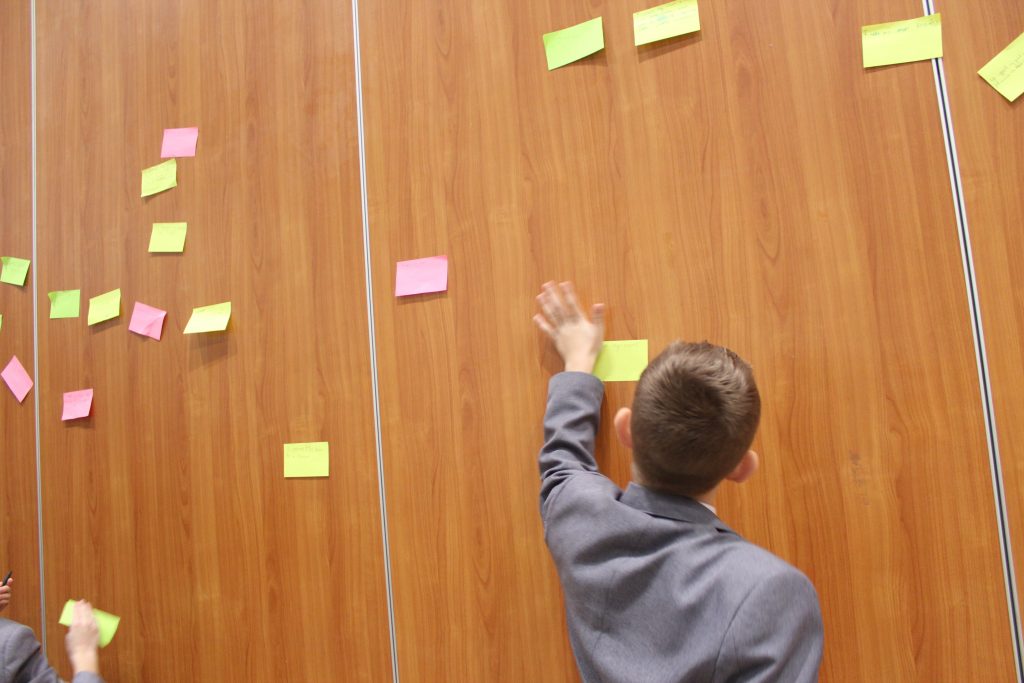
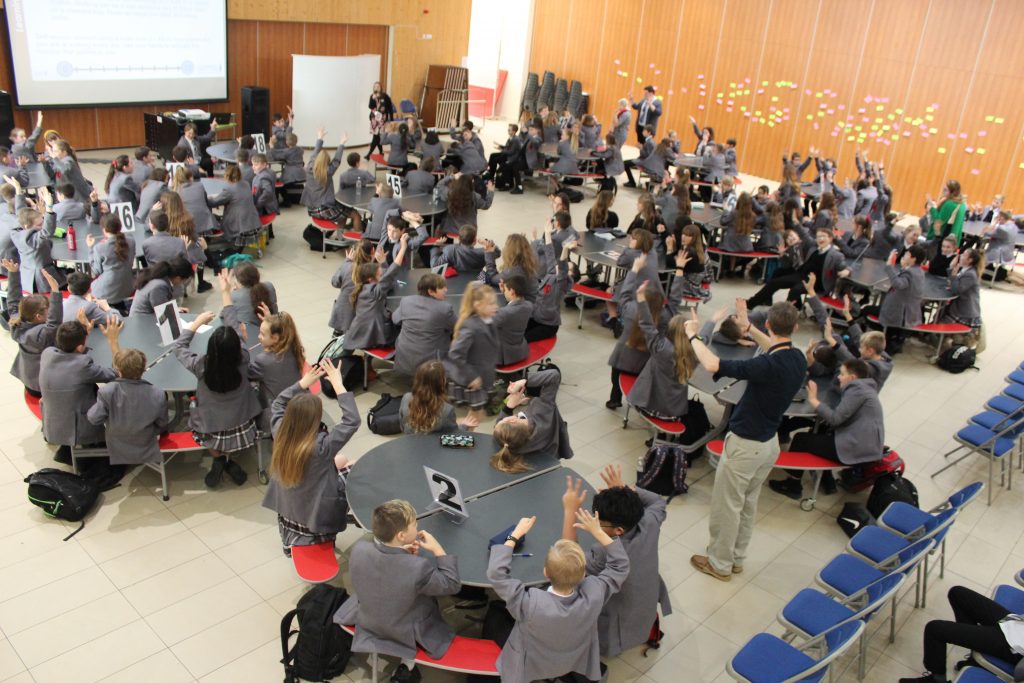
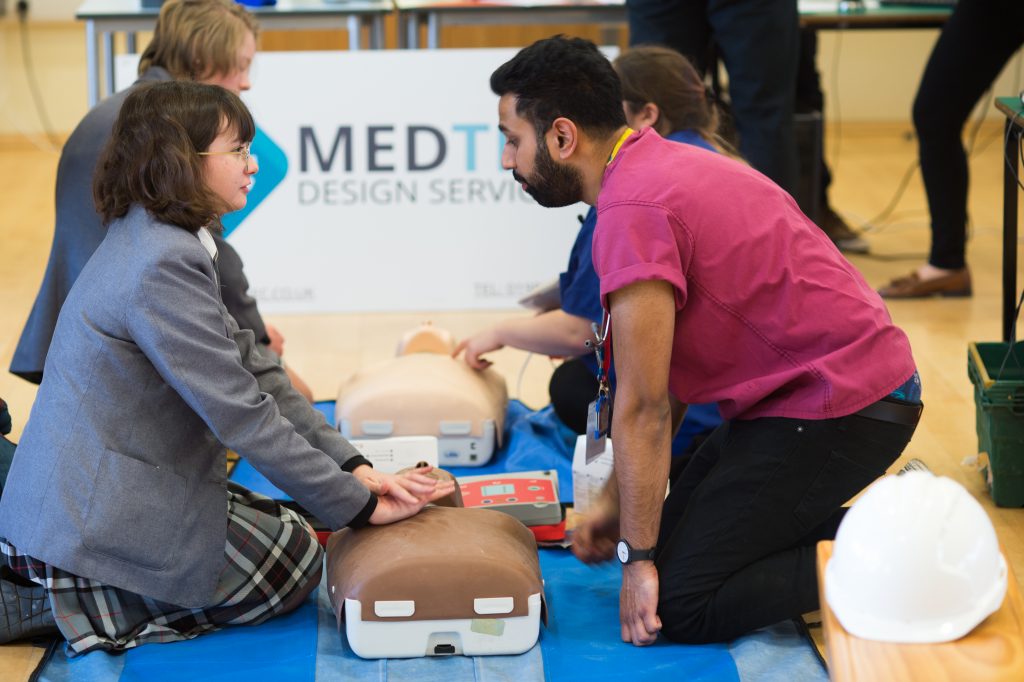
Every student in years 7-11 learns about mutual respect through our personal development ‘Everyone Matters’ topic called ‘what is respect?’ This topic is studied by every student, every year, in a curriculum which builds content over time.
Respect is a key part of the high standard and expectations that the academy and all of its stakeholders commit to day in, day out. This is set out formally in behaviour policies, including our behaviour expectations ‘ready, respectful, safe’ but perhaps more importantly it can be seen and felt through the values and atmosphere of the academy.
In addition, every student in year 7-9 engages in a social action project through the curriculum and these projects develop mutual respect for our community, including specifically for the elderly.
Our students demonstrate their understanding of this area through their ability to recognise the difference between right and wrong and to apply this in the choices they make. Through our restorative work with students, we help them to understand the consequences of their behaviour and actions.
Examples of other activities that help our students develop mutual respect include fundraising events for a range of charities including Comic Relief, Sport Relief, Children in Need, the Mountbatten Hospice, the Wessex Cancer Trust and many more.
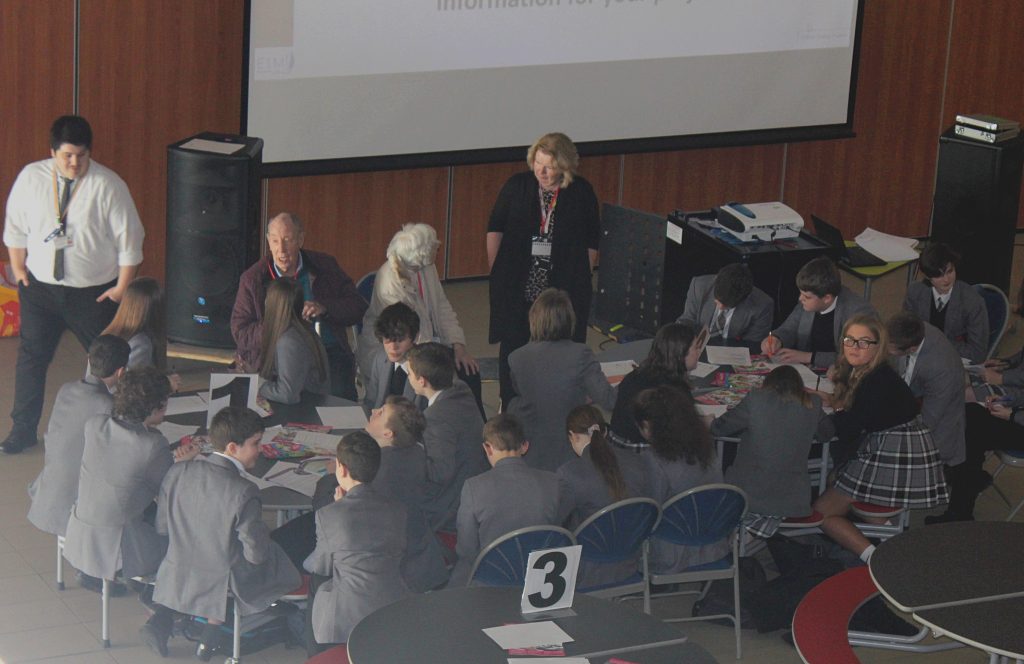
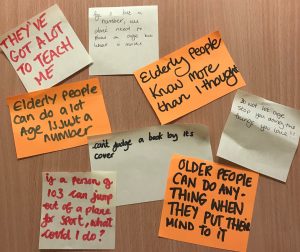
Although we are not a faith school, we recognise the importance of spiritual development for our students and that religious belief is a vital part of life for many in our community. In addition to RE being a GCSE and A Level option, every single student in the academy studies RE at Key Stage 3 and 4. We enable this to promote an understanding of spiritual matters and to promote respect for the religious views of others.
Every assembly finishes with a moment of reflection where we ask students to pray or reflect, according to their individual beliefs, on the theme that has been covered.
Our students demonstrate their development in this area in their success at RE, in the respect and understanding that they show for the range of spiritual beliefs, in their curiosity for learning and in their imaginative and reflective attitudes.
